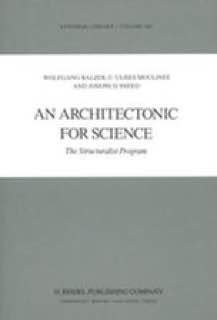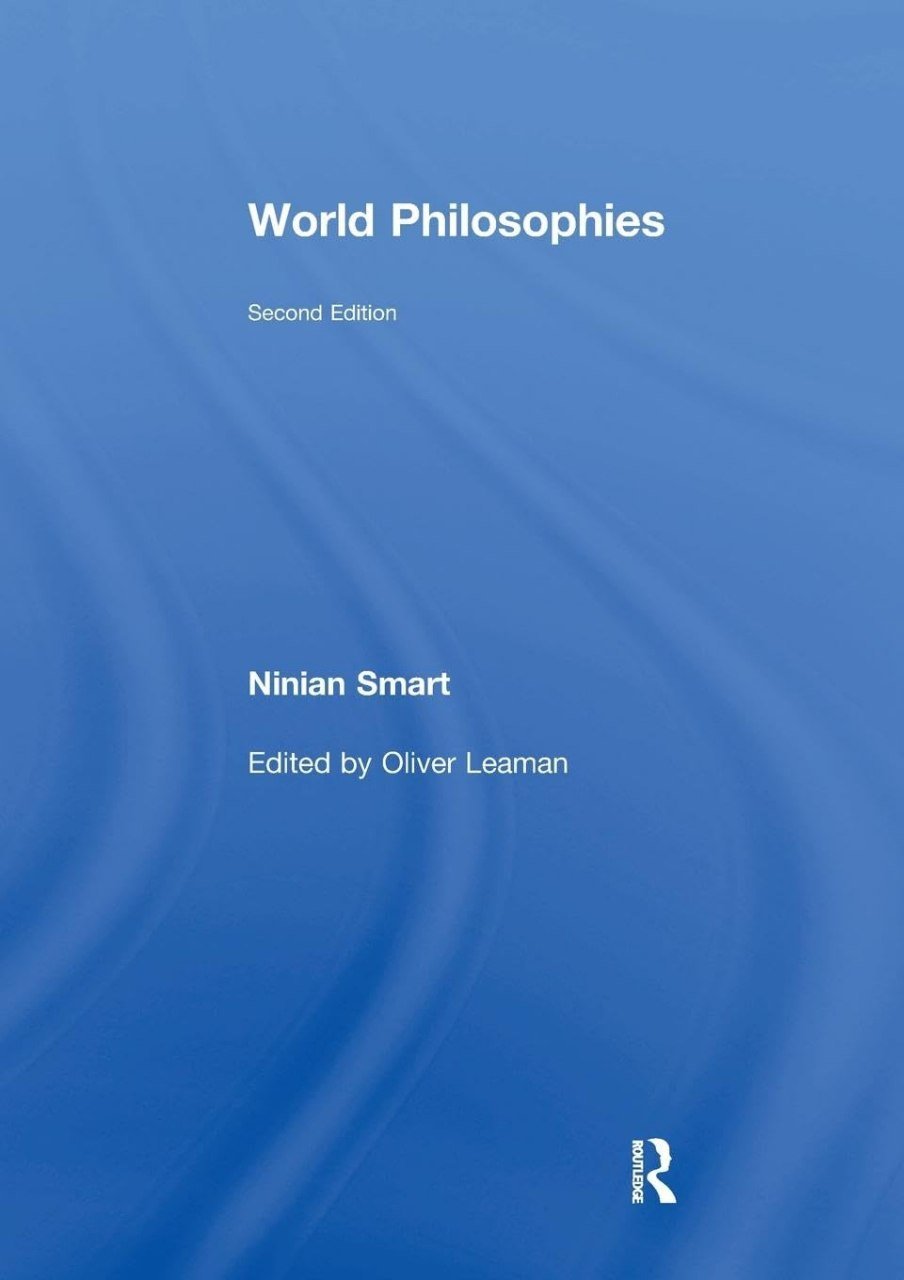

The Force of the Virtual: Deleuze, Science, and Philosophy
Reviews
No review yet. Be the first to review this book!
Description
The Force of the Virtual: Deleuze, Science, and Philosophy, edited by Peter Gaffney, is a comprehensive and interdisciplinary collection of essays that explores the profound concept of "the virtual" in the philosophy of Gilles Deleuze, emphasizing its significance across various scientific and philosophical domains. In this volume, contributors examine Deleuze's notion of the virtual not as something imaginary or unreal, but as a fully real dimension of existence that operates as a realm of potentiality underlying all actual phenomena. The virtual, according to Deleuze, is the generative field from which actual entities emerge, and it remains an active force shaping the continual processes of becoming, difference, and change. The book brings Deleuze's metaphysics into conversation with contemporary developments in the sciences, such as quantum mechanics, evolutionary biology, systems theory, cognitive science, and complexity theory, arguing that Deleuze's concept of the virtual provides a vital philosophical framework for understanding nonlinear, dynamic, and emergent processes that defy traditional mechanistic explanations. Essays in the collection analyze the ways in which Deleuze’s philosophy intersects with scientific concepts like indeterminacy, self-organization, and emergence, offering a radical alternative to representational thought and essentialist metaphysics. The contributors argue that Deleuze’s emphasis on immanence, becoming, and differential relations offers powerful tools for rethinking subjectivity, ethics, politics, and epistemology, moving beyond static conceptions of identity and fixed categories. The book highlights how the virtual, as a realm of real but not yet actualized potentialities, plays a central role in Deleuze’s ontology, emphasizing processes of actualization that produce novel forms and configurations in both nature and thought. Through close readings of Deleuze’s key works, such as Difference and Repetition and The Logic of Sense, and through dialogues with scientific theories, The Force of the Virtual illustrates how Deleuze’s ideas can inform and enrich contemporary scientific and philosophical discourses. The volume positions Deleuze as a thinker whose philosophy resonates deeply with modern scientific paradigms that focus on fluidity, complexity, and multiplicity rather than stability, simplicity, and unity. In doing so, it underscores the ethical and political implications of Deleuze's thought, advocating for a philosophy that embraces openness, creativity, and transformation. The essays collectively argue that Deleuze’s virtual is not an abstract philosophical notion but a concrete and dynamic force that reshapes our understanding of reality, knowledge, and life itself. This collection is an essential resource for scholars of continental philosophy, Deleuze studies, and those interested in the intersections between philosophy and the natural sciences, as it offers a rigorous and imaginative exploration of how Deleuze’s concept of the virtual continues to challenge and expand the boundaries of contemporary thought.




 May 03, 2025
May 03, 2025















.jpeg)












.jpg)


.jpeg)

.jpeg)
.jpg)

.jpeg)



.jpg)







.jpg)



.jpeg)



.jpg)










.jpg)


.jpg)


.jpg)




.png)




















































